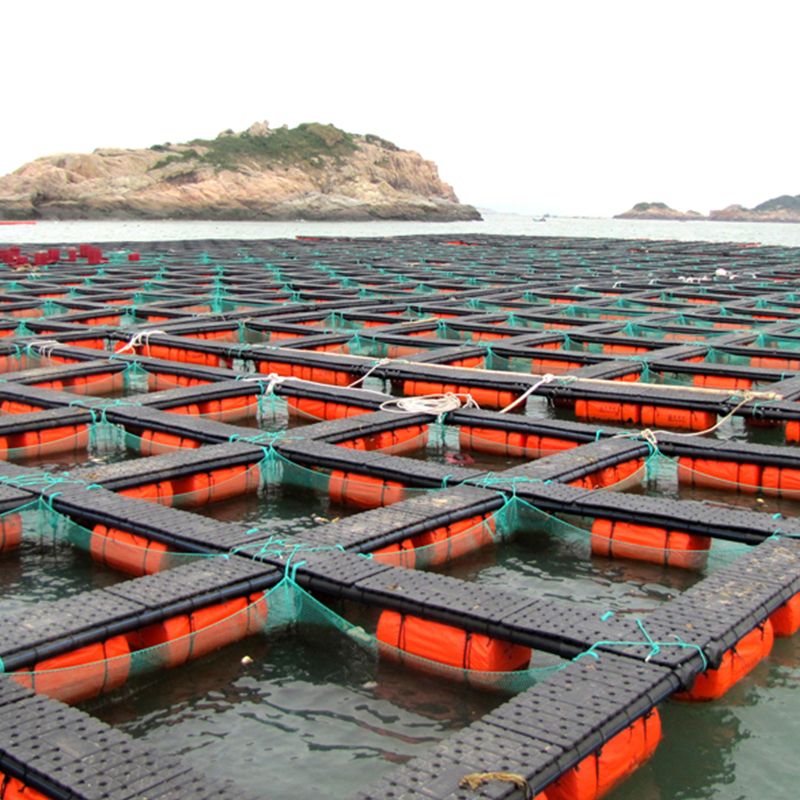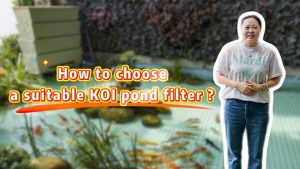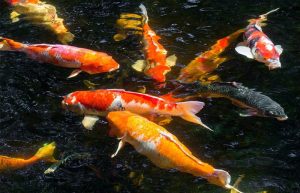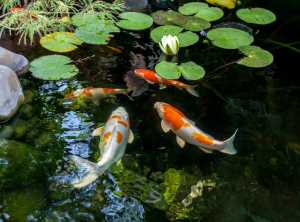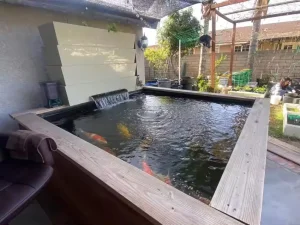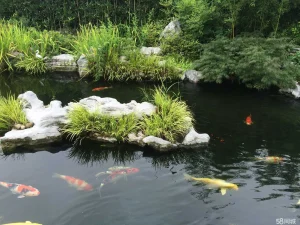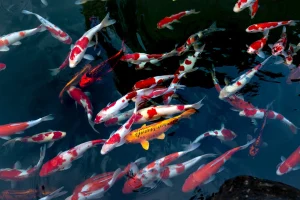As the global demand for sustainable aquaculture continues to grow, Indonesia, one of the world’s largest aquaculture countries, is looking for ways to revolutionize and improve production efficiency. Efficient fish pond filters are becoming an important technological tool in transforming Indonesia’s fish farms.
The Current State of Aquaculture in Indonesia
Indonesia boasts abundant water resources and diverse aquatic species, making it one of the world’s leading producers of aquatic products. However, traditional pond management and filtration methods face numerous challenges, including water pollution, disease spread, and resource waste. These issues not only affect fish health and yield but also harm the environment.
Application of Pond Filters
1.Drum Filters: Drum filters are high-efficiency mechanical filtration devices that use rotating drums and fine mesh screens to quickly and effectively remove solid waste and debris from the water. Many modern fish farms in Indonesia have started using these filters to improve water quality and reduce disease transmission.
A large fish farm on Java Island introduced QLOzone drum filters, resulting in significant water quality improvement and a sharp reduction in fish disease rates. The fish farm owner reported that using QLOzone drum filters not only saved labor costs but also increased overall profitability.
2.Biological Filtration Systems: Biological filtration systems use beneficial bacteria to decompose organic matter in the water, reducing concentrations of harmful substances like ammonia and nitrites. These systems are highly effective in maintaining ecological balance and promoting fish health.
Advantages of High-Efficiency Pond Filters
1.Increased productivity: By improving water quality and reducing disease, high-efficiency filtration systems greatly increase fish growth rates and production. Fish farms have seen a 20% increase in production with advanced filtration technology.
2. Reduced Environmental Pollution: Modern filtration systems effectively remove pollutants from water, reducing wastewater discharge and helping protect the aquatic environment. Fish farms using biological filtration systems reduced their wastewater discharge by 30%.
3. Cost Savings: High efficiency filtration systems are highly automated, reducing labor costs and medication requirements.
Future developments
With the continuous advancement and popularization of technology, efficient filtration systems will play an increasingly important role in Indonesia’s aquaculture industry. The promotion and support of advanced filtration technology can improve farmers’ awareness and application level.
Qihang has developed more efficient and cost-effective filtration equipment to meet the needs of different types of fish farms. Through the joint efforts of the entire industry, Indonesia’s aquaculture industry will move towards a more sustainable, efficient and environmentally friendly future.
